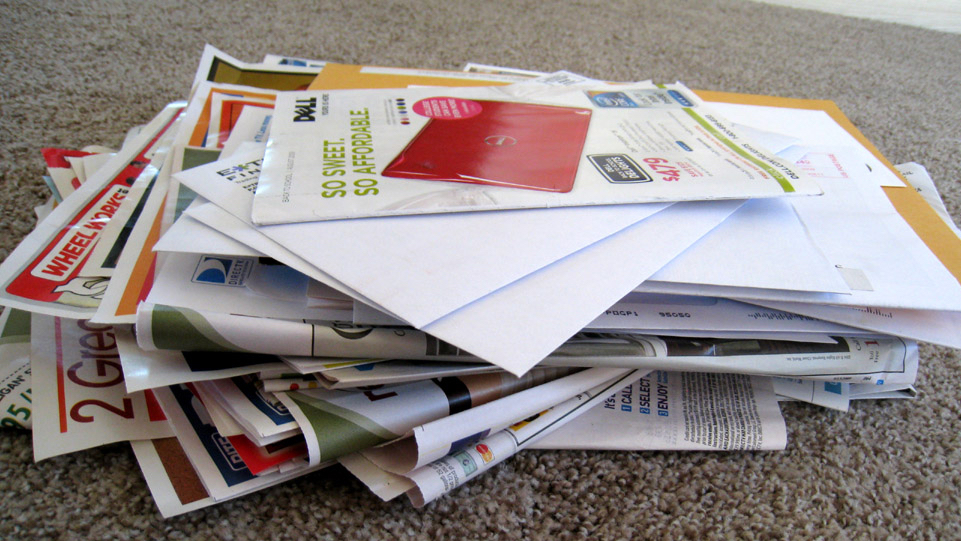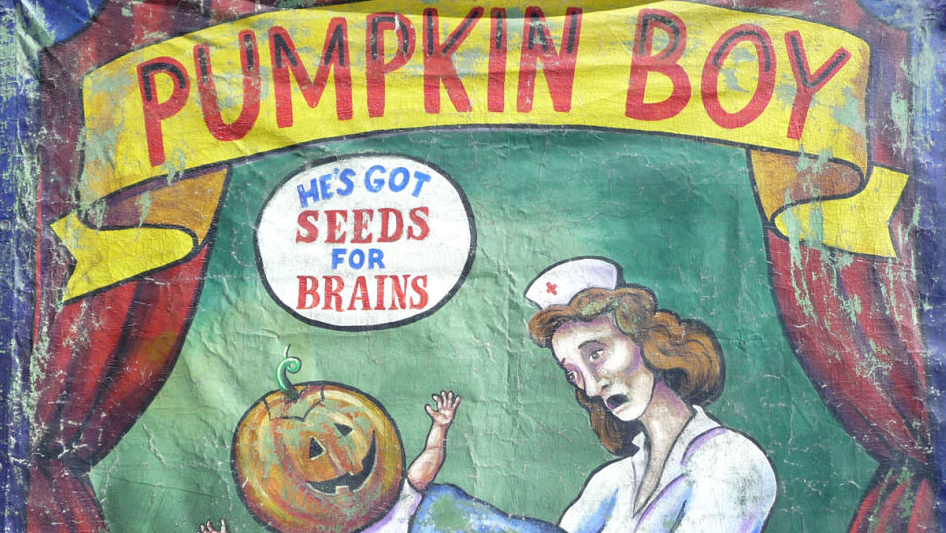Most of the solicitations that we receive in the mail are not worth the paper that they are printed on. Department stores exclude most major purchases from their 15% or 20% coupons as a matter of course along with hundreds of exclusions if you take time to read the back of the 20% coupon. Credit card companies send a page of quote “important information regarding rates, fees, and other cost information.” Make a late payment or have your check returned by your bank and your rate can change in a heartbeat from 13.24% to 29.49%. The penalty rate applies for a period of six months so you pay dearly for making that late payment.
Do you like the latest blitz of “cash back” ads on television? You think that they are really giving you something when actually the fine print states there is a “cap” of $6,000 per year in purchases. The fine print I like is that “terms and conditions apply.” The cash back reward dollars are actually redeemable in the form of a statement credit.
I received a formal looking notice the other day from one of the local credit unions stating that they were offering me $1,000 in insurance, paid by the credit union and that I was eligible for thousands of dollars more in coverage by completing the enclosed form. As it turned out, the coverage was “accidental death & dismemberment” insurance with more disclaimers and clauses in it than one could read in any given day. Coverage was reduced by 50% for anyone over the age of 70 years of age and proving the actual “accident” was nearly impossible.
Did you ever notice today that many of the “prescreened” offers of credit come with a prescreening Opt-Out Notice so that you can stop receiving their credit offers by calling or going on-line? Basically, they are asking you to update their data base. Pretty smart of them to get you to do what they should have done.
I traded in my 2012 Jeep back in January of 2015. It was sold at auction that month by Chrysler. As of July of 2016, I am still getting notices from Chrysler as part of a “buyback program” if I take my 2012 Jeep to a local dealer to receive very attractive lease offers. Basically, I know of no way to stop this correspondence. At least after a year, I stopped receiving recall notices on my 2012 Jeep. The sales records from 2012 are most probably impossible to update and no one cares. The cost of purging the list is more expensive that the postage to mail some thousand incorrect notices.
We live in a “so-called” high tech era. The problem is that the data bases that are used to generate most mailings are outsourced and never seem to be updated. I receive notices monthly to attend a great dinner or lunch at the local restaurant courtesy of some CPA or local investment company. How about the hearing aid coupons that I receive from medical establishments? I can get up to $1,000 dollars off these aids. Fortunately I do not need these aids at this time in my life but try and stop the solicitations. Impossible! How did these folks get my name and address? I suspect my name was retrieved from a hospital record, Medicare list, a Social Security record or a record that was not supposed to be sold but try and prove it.
The real sad part is that someone is paying to have these notices generated, then paying to have the U.S. Postal System deliver it, then we are paying the local garbage and recycling firm to pick it up and either recycle it or dump it in a land fill. The latest data is the average person receives 41 pounds of junk mail a year. Why?








